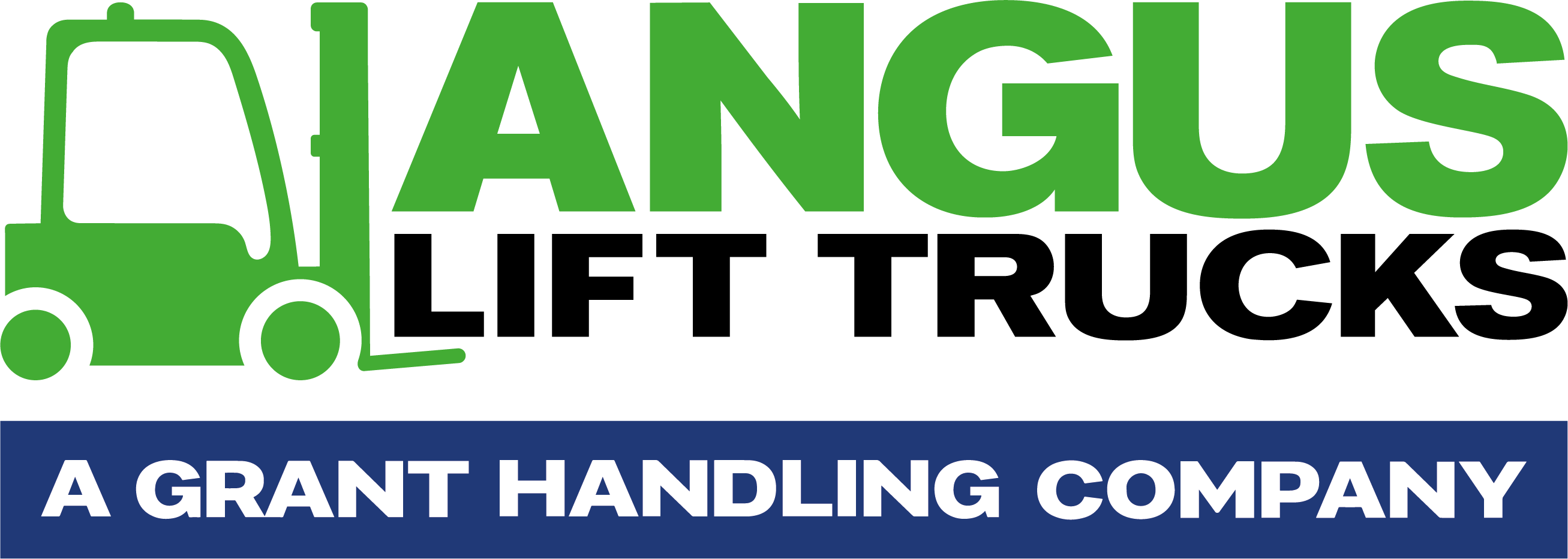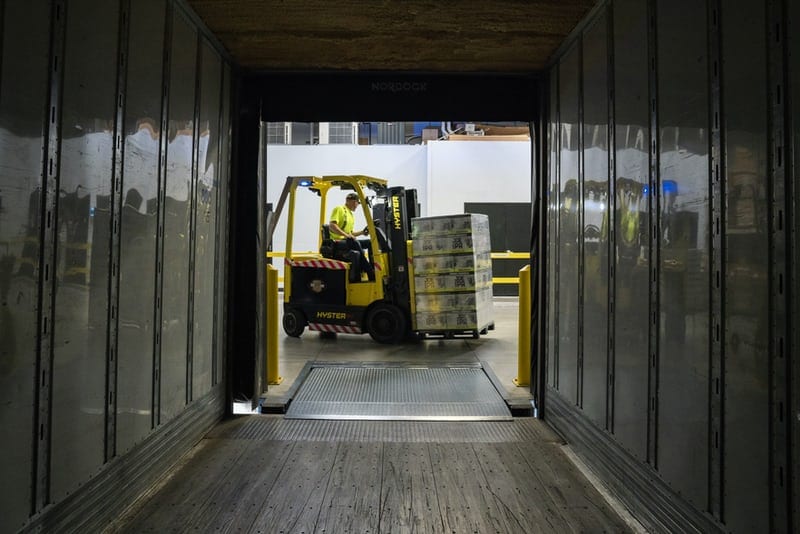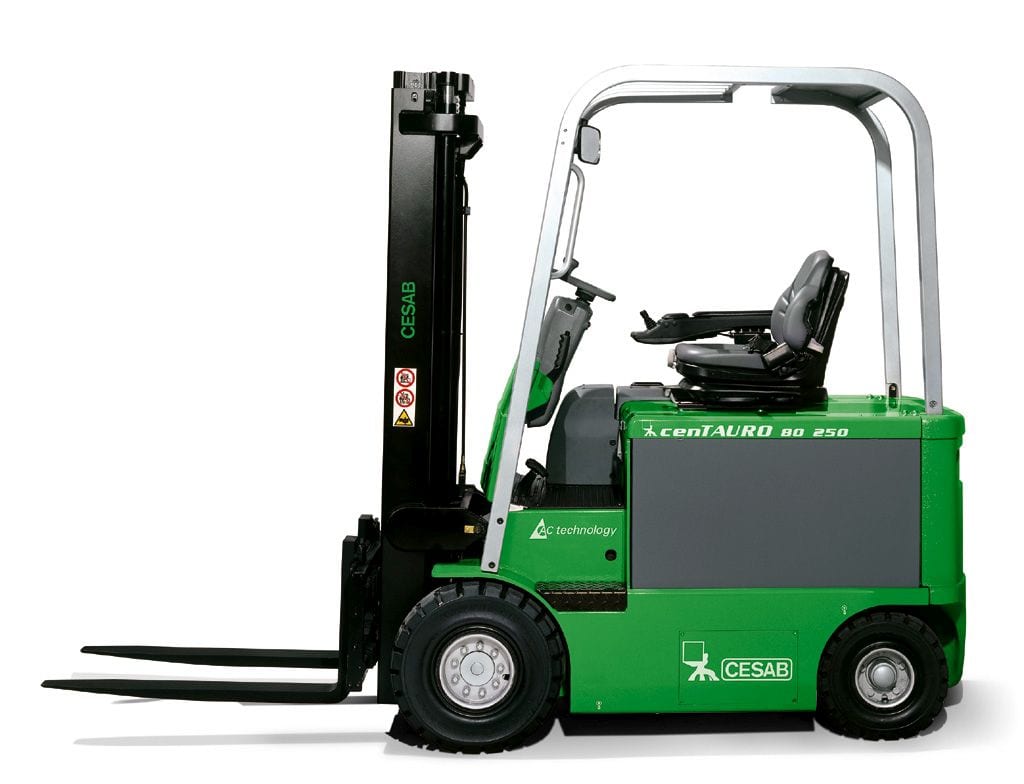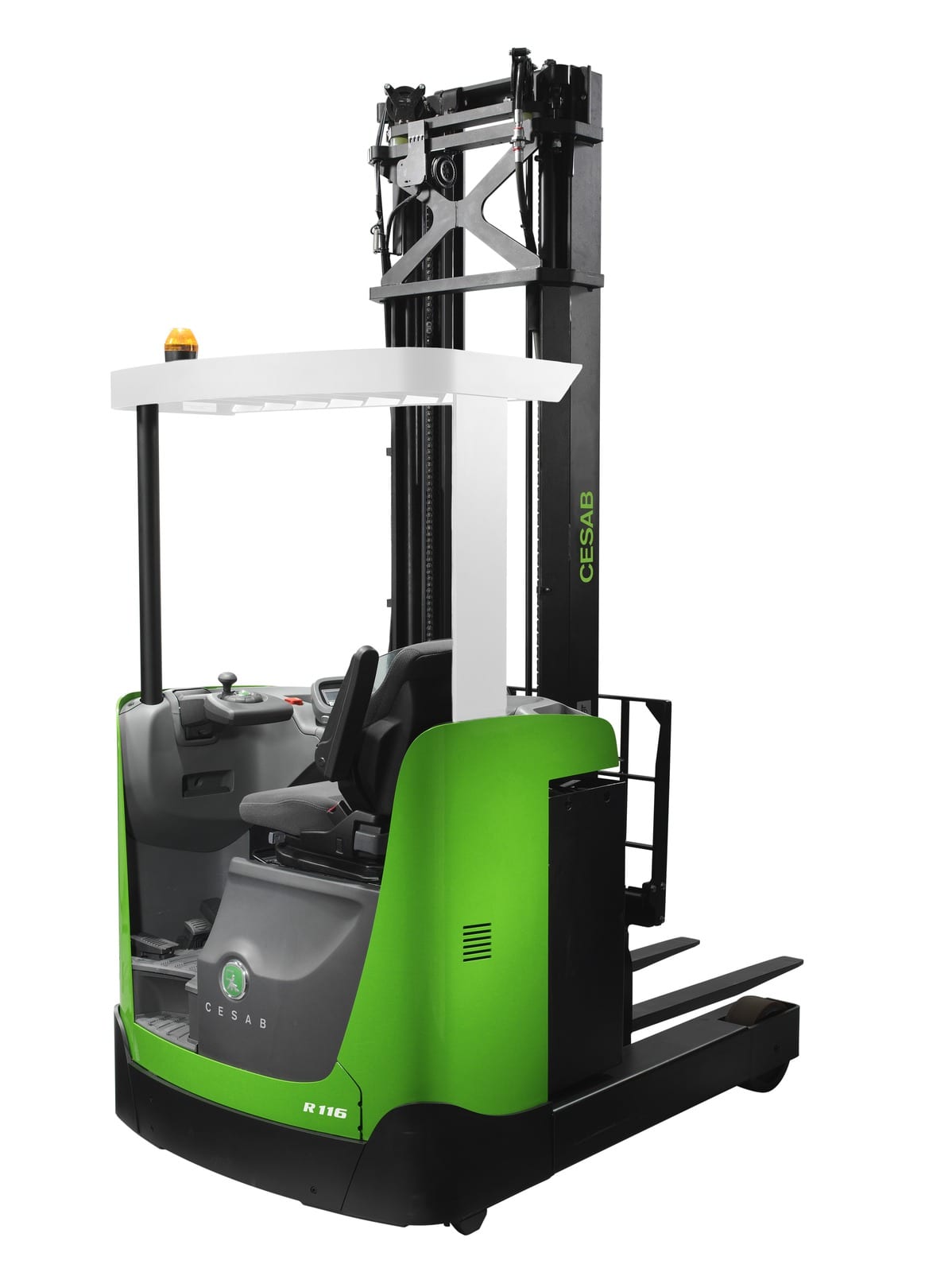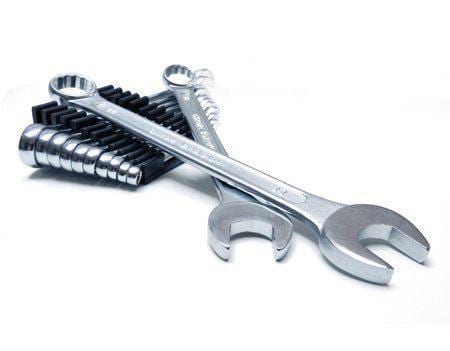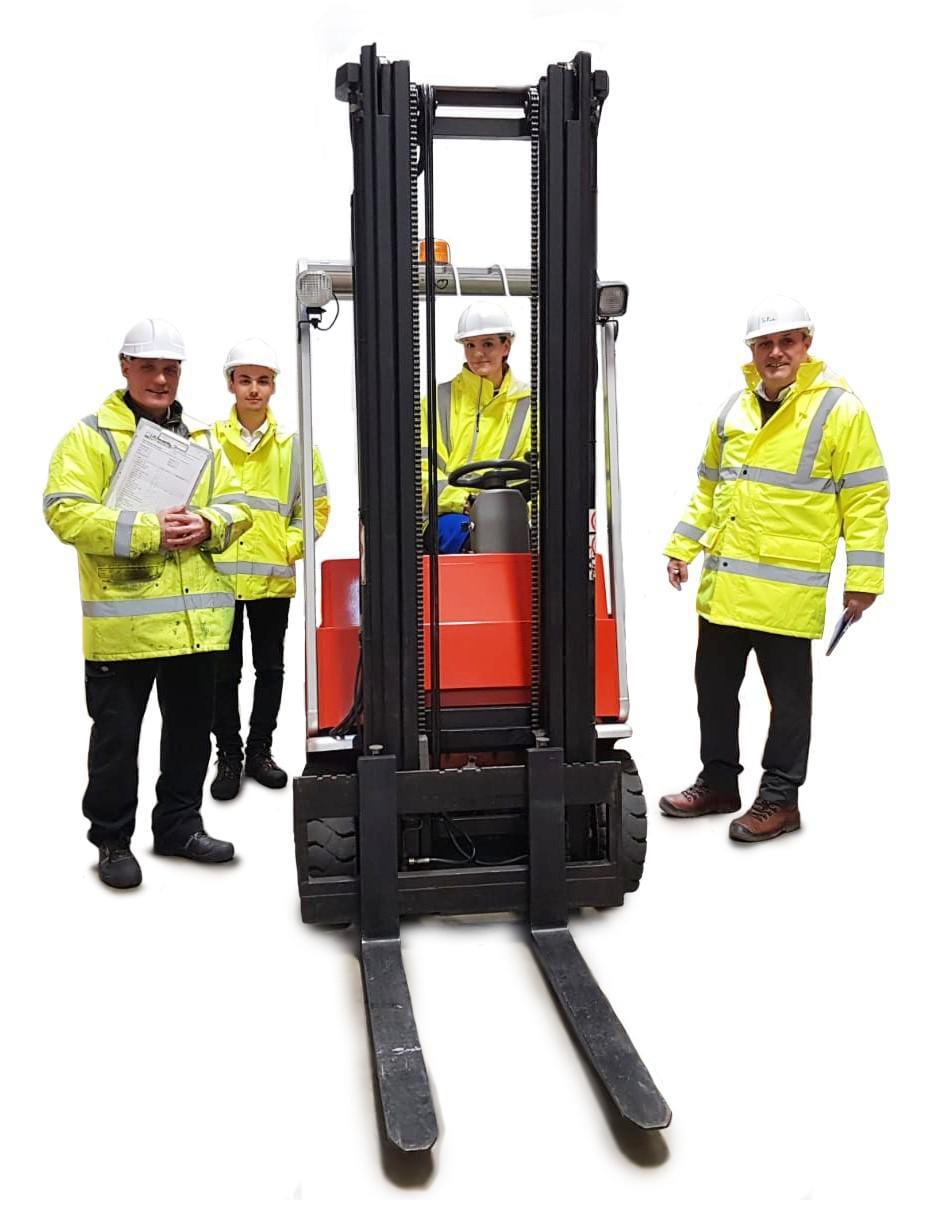If you are going to be operating a forklift, it is essential to be well-versed in all aspects of forklift operation. In this article, the team at Angus Lift Trucks will go over the basics, such as technical expertise and the fundamentals of operating a forklift.
In addition, we will discuss the safety regulations, maintenance and upkeep regulations, industrial applications, and what settings you can use for forklifts.
Start by listening to our podcast episode on the most common fork truck stuff we’re being asked about (and answers):
Common Questions about Forklifts
Read our advice below to answer all your forklift questions.
1. How Can I Acquire a Licence for Operating a Forklift?
In the UK, there are three different kinds of licenses: Counterbalance, Telescopic, and Telehandler. The difference between these is based on the type of forklift you are interested in driving.
If you have not operated a forklift or have limited experience, you will have to learn more quickly over the four to five day period on how to use the forklift and perform well on a supervised test.
However, if you are experienced, you can take a one to three day course, which is less comprehensive but offers the same level of accreditation.
If you know how to drive a forklift and are interested in expanding your skills to drive a different type, it will only take one day to complete a course and become licenced to drive more than one type.
A forklift licence does not expire. However, the HSE (Health and Safety Executive) recommends that employees take the refresher course every three to five years as specific rules and regulations may be updated. For more information on the various types of training and types of forklifts to train on, please visit our forklift training page. And, visit our article for a comprehensive review of getting a forklift license in the UK.
2. Are Forklifts Allowed on Public Roads?
Because forklifts are not your typical motorized vehicle, you may be wondering where you can operate them. Forklifts can be driven on a typical public road but must comply with the DVLA and be taxed, registered, and insured. In fact, diesel forklifts are only appropriate for outdoor use.
Driving a forklift on an open road requires attention to detail and focus because you must be aware of traffic and pedestrians. In a workplace setting, always be mindful of your fellow employees who are in your vicinity. You will probably need to make sharp turns and manoeuvre narrow surroundings. In either setting, the priority is safety.
3. How Are Forklifts Powered?
There are three main types of forklifts you can buy or rent: gas, diesel, and electric. Forklifts that run on natural gas are best for outdoor use because of their emissions. They may be used indoors for brief periods if the space is well-ventilated. The gas canisters used for these forklifts are easy to purchase and refuel but require proper storage and handling.
Diesel forklifts are similar to gas forklifts in that both types use simple canisters to refuel. However, diesel is more expensive to purchase. Furthermore, you can’t drive diesel forklifts indoors due to the dangers of emissions.
Electric forklifts are more expensive than diesel or gas-powered forklifts but do not require consistent refueling. Electric forklifts can be used in any indoor setting as they do not produce any emissions.
4. What Objects Can I Pick Up with a Forklift? What Objects Shouldn’t I Pick Up?
It is advisable to load an object onto a pallet before transporting it with a forklift. However, you can still manoeuvre a variety of things without the use of a pallet. In any case, you must know the weight-bearing capacity of your forklift and the weight of the object you intend to transport.
Forklifts are used in the following industries: transport, construction, manufacturing, warehousing, distribution, and have numerous other specialty uses. An attachment may be helpful to prepare yourself for specific situations better.
For example, you can purchase a side shifter, which permits the forks to turn left and right. Slip sheets are a convenient attachment because, in most cases, they eliminate the need for palettes. The slip sheets are two wide sheets placed on the forks and manoeuvred underneath the load before lifting it off the ground.
5. Do Forklifts Need to Be Inspected Daily?
You must inspect your forklift each time before using it to find potential mechanical errors. This not only ensures the safety of yourself and other workers, but it is also the law.
It is also required that your forklift is appropriate for the tasks you are using it for (i.e., you are not exceeding weight capacities), is registered and insured, and would pass a thorough examination if subjected to one.
To understand goals and best practices for inspection of a forklift, consult the HSE’s lifting equipment examination guide. In addition, refer to the advice of the vendor when considering how often to service your forklift. If you require information on maintenance, services, or repairs for your forklifts please get in touch or visit our forklift service page. You can also read our article on servicing your forklift.
6. How Do I Maintain a Forklift?
Any machine with moving parts requires diligent cleaning and care, lest it be subjected to wear and tear from the elements. Using water and oil to clean and lubricate moving parts will ensure a longer lifespan for your forklift and cut down on the annoying costs and delays that occur when small pieces break down.
Washing chains, valves, seals, and other small parts are necessary; however, do not use high-pressure water to clean them as this can cause damage over time. Wipe away excess dirt before washing and dry the forklift by parking it outside. Do not use the forklift if parts are still wet.
Looking to Buy or Hire
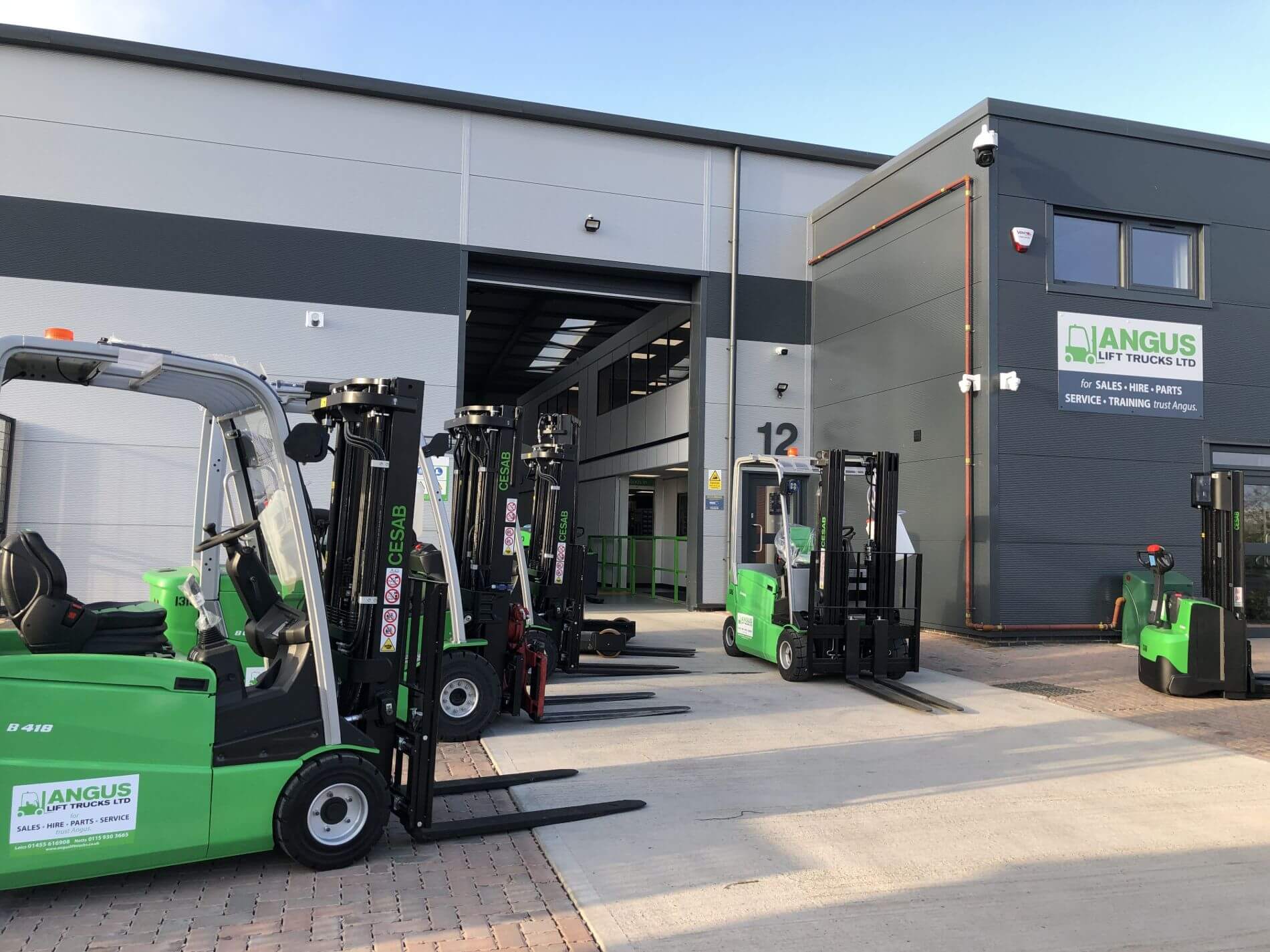
a forklift?
With 35+ years of experience, we offer our most competitive rates, flexible finance, 4h service promise & more!
7. What Are the Most Important Do’s and Don’ts for Driving a Forklift?
- Never raise or lower a load while the forklift is moving, as this can make the forklift very unstable.
- Never carry a load with one fork.
- Never add an additional counterweight or ballast to the forklift.
- Never stack loads on a sloped surface.
- Always perform a pre-use inspection before operating a forklift. Safety is the top priority, and a pre-use inspection can prevent needless accidents.
- Always grip the frame and the seat with your hands when entering the forklift, never the steering wheel.
- Always consult managers and supervisors if you run into problems.
FAQs
Are forklift jobs easy?
Like any job, if you enjoy operating a forklift and have put in the time necessary to learn how to operate it proficiently, you will find the job both fun and easy.
Are forklift certifications transferable?
Forklift certification requirements are unique to each business in the UK. The law says a company must train a forklift operator sufficiently to do the work the company needs to have done. Because of that, certifications from a company may not be transferable. Certifications from a training organisation with a minimum standard proficiency will likely be transferable.
Are forklift drivers in demand?
Yes. Because of logistics challenges due to the economic changes in the UK and the pandemic, forklift drivers are in high demand.
Can forklift batteries explode?
Forklift batteries can explode during charging when hydrogen gas is created and emitted.
Can forklift forks be welded?
One should never modify a forklift or employ any type of repair without first consulting official regulations regarding repairs and inspections of forklifts. No repairs or modifications to a commercial forklift should be made except by trained and certified equipment personnel.
Can forklifts carry passengers?
No. You should never transport a person via a forklift. Because forklifts are not designed to carry passengers, doing so risks injuring them and can result in legal consequences.
Can forklifts be used for towing?
No. Forklifts are not designed for towing anything, and doing so risks crashing and serious injury. The reasons forklifts should never be used for towing are that they are top-heavy, have rear steering, and have poor braking. Because of their design, towing even lightweight objects can damage the fork and the undercarriage.
How forklift mast works
Forklift masts rely on hydraulic pressure created by pumps, cylinders, pistons, chains, and fluids to raise and lower the lift. The mast serves as the backbone of the lift and enables the lift to secure and transport heavy, elongated, and bulky objects.
How forklift transmission works
The forklift transmission connects the engine to the wheels and drives the speed of the forklift via gears in the transmission casing.
How forklift hydraulics work
A forklift’s hydraulics are driven by pressurised fluid, hydraulic presses, and energy transfer. Pressurised fluid forces against a piston, transferring energy upward. The piston is held in place or forced upward until pressure is released. That pressure moves the forks up and down.
What forklift job pays the most?
An experienced forklift driver can earn up to £40,000. The average forklift driver earns around £24,000.
What forklift drivers do?
In terms of explicit duties, a forklift driver operates a forklift in a work environment, usually within a warehouse or stockyard, and moves items from point A to Point B. In a more general sense, the full scope of duties of a forklift driver can be as narrow or as broad as the employment in question allows it. For example, many business owners know how to operate forklifts. In smaller businesses, there may not be one specific forklift driver, but several employees might be trained to operate a forklift. In larger companies, an employee might be a dedicated operator.
When should forklift tires be replaced?
There are several indicators that a forklift tire needs replacing: Chunks of the tire are missing The side of the tire shows cracks The “wear line” on the side of the tire has worn off The tire is flat and standard patching has not worked There is any tire damage that interferes with safe forklift operation
Which forklift licence is best?
The most versatile forklift training category is the “Industrial Counterbalance.” Industrial counterbalance is the most common certification and applies to indoor and outdoor forklifts, gas, diesel, and electric-powered vehicles. This type of forklift certification has application in virtually every setting that utilises a forklift.
Who issues forklift licences in the UK?
Technically, there is no national “forklift licence” in the UK. There are, though, local or regional certification requirements. According to the Health and Safety Executive (HSE) Provision and Use of Work Equipment Regulations 1998 (PUWER,) a forklift operator must understand the correct use of the equipment, what you can and cannot do on a forklift, and what precautions you must always observe.
Will forklift licences expire?
Technically, there is no forklift licence, but the HSE does recommend you take a refresher course every three to five years. Refresher courses let those taking the course keep up with any rule, operational or regulatory changes.
Why does my forklift battery smell like sulphur?
Forklift batteries have sulfuric acid inside them, so your forklift battery can smell like sulphur or rotten eggs when the battery overheats.
Forklift inspection checklist & Requirements
The inspection routine of a forklift depends on the type of forklift it is and the applicable company policy. Some companies are sticklers for a thorough inspection and requirements checklists. Other companies only require the forklift to be in working condition. Knowing the entire inspection routine, as put out by the HSE, is a good idea.
You may also like
Wrap Up
Now you’ve learned a little about how to operate forklifts, their common codes and regulations, and even some advice, remember to drive carefully. Forklift injuries can and will happen in the face of negligence. We hope these answers were helpful; happy lifting!
This post is also available in:
Français
Deutsch
Italiano
Português
Español
Български
Hrvatski
Eesti
Latviešu
Lietuvių
Polski
Português
Русский
Slovenčina
Slovenščina
Türkçe
Українська
Albanian
Čeština
Dansk
Nederlands
Ελληνικά
Magyar
Română
